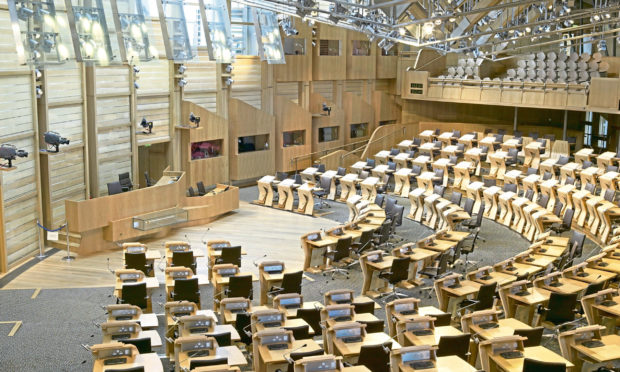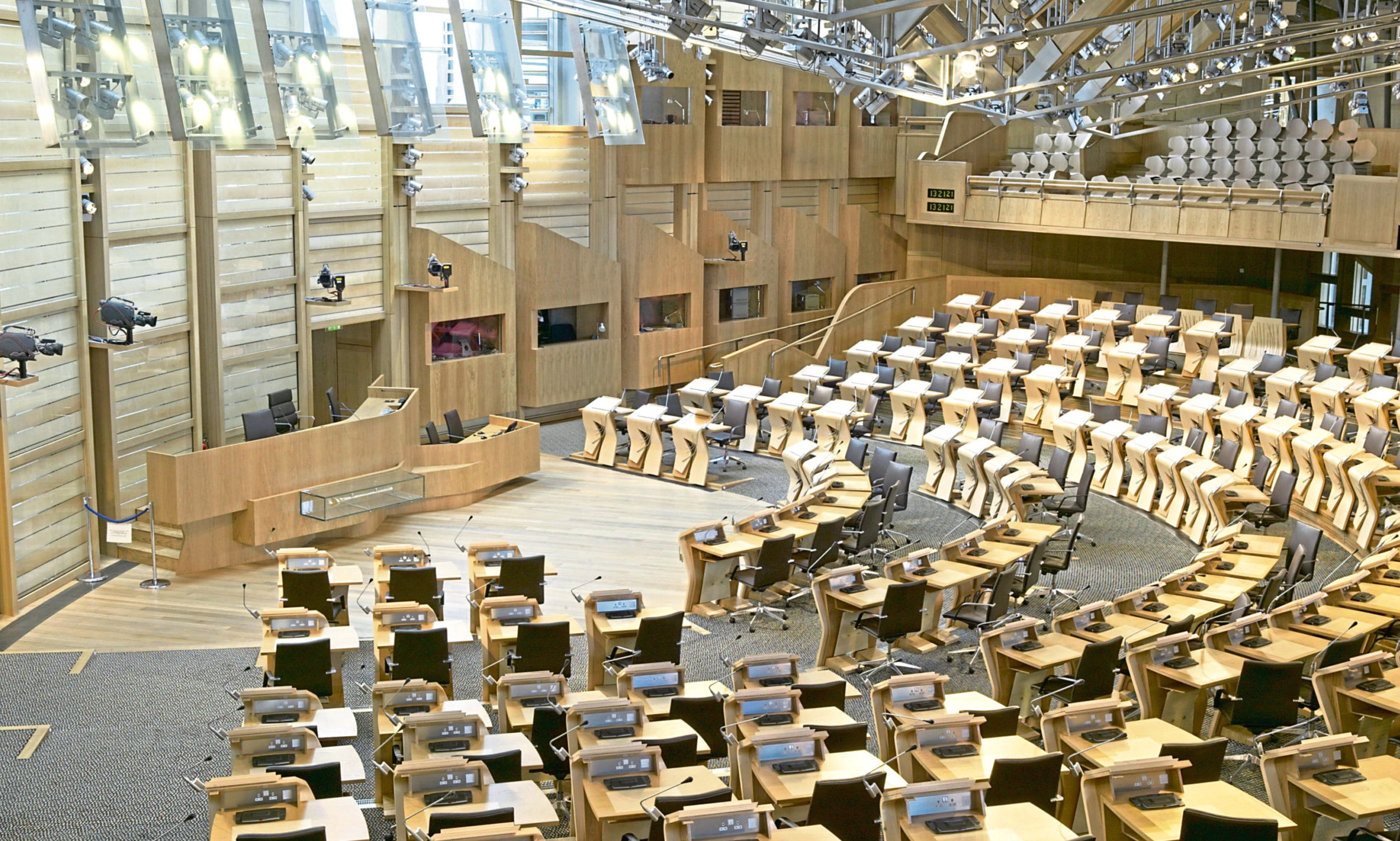If you think freedom of speech is an “important right” you are in the majority.
A poll, published in the same week the Hate Crime and Public Order (Scotland) Bill was discussed in Holyrood, revealed that 87% share that view.
In a testing interview on BBC Radio Scotland ahead of the debate last Wednesday, Justice Secretary Humza Yousaf said: “You can be as controversial or offensive as you want. What you can’t do is be threatening or abusive with the intention of stirring up hatred.”
The Holyrood debate lasted three hours, with two SNP MSPs raising concerns.
Ruth Maguire, the MSP for Cunninghame South in North Ayrshire, shared concerns raised by “many constituents” in relation to freedom of expression on the basis of their faith.
She also agreed with the Humanist Society in Scotland, which is concerned about the “stirring up” clause, which she said could “unintentionally criminalise behaviour that should be protected under the right to free expression”.
Concern was also raised by the SNP MSP for Glasgow Kelvin, Sandra White, who said she received a number of responses from constituents she felt it was her duty to raise.
Mrs White also spoke on behalf of women seeking to defend their sex-based rights and have been accused of hate.
She said: “My concern is who defines ‘stirring up’?”
As a newspaper columnist who often receives feedback, some of which could be easily be described as “stirring up” hatred, I find the thought of silencing critics disturbing.
A number of Scotland’s elected councillors agree.
A survey published by the Free to Disagree campaign found that, of the 176 elected respondents, two out of every three expressed opposition to the Bill, eight in 10 say it is “controversial” and seven in 10 believe it “threatens free speech”.
Most strikingly, fewer than half of the SNP councillors said they supported it and an equal number of them said they were either unsure about or completely opposed to the Bill.
One of the things I appreciated in the aftermath of devolution was the fact many of those we elected to Holyrood previously had jobs in the real world and understood the needs of, as well as the political temperature among, ordinary people in Scotland.
The spokesman for the Free to Disagree campaign, Jamie Gillies, said: “Local councillors have their ear to the ground in a way that MSPs in the Holyrood bubble don’t.”
He added: “Their views on the Hate Crime Bill mirror views across Scotland.”
In the debate last week, Scottish Conservative MSP Liz Smith said: “Part two of the Hate Crime Bill is illiberal, intrusive and deeply flawed.”
She added: “If we are to proceed with this Bill as it is, we will be making bad law.”
Mr Gillies added: “The only way the Scottish Government can guarantee the preservation of free speech is to scrap the controversial ‘stirring up’ offences altogether.”
It appears the public agree.

